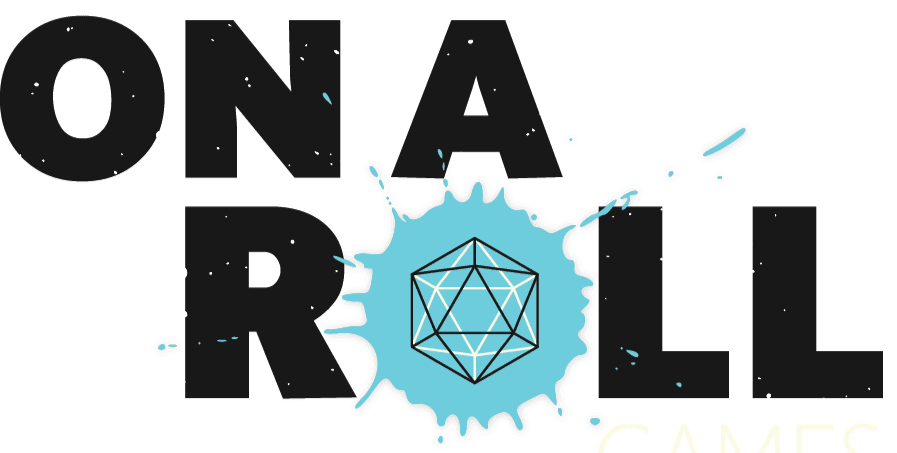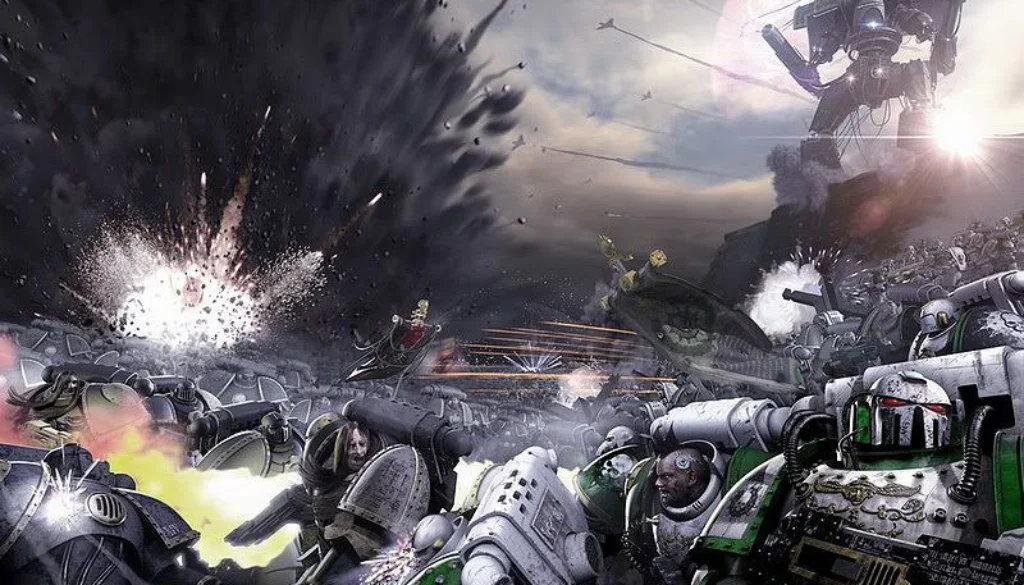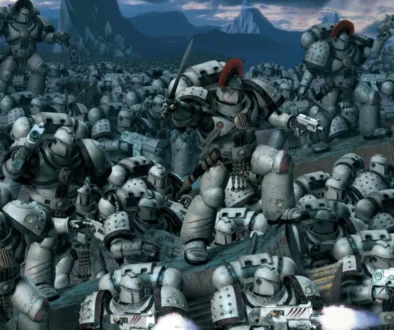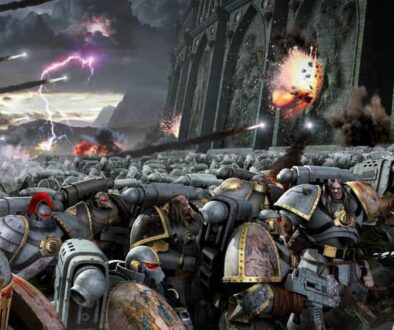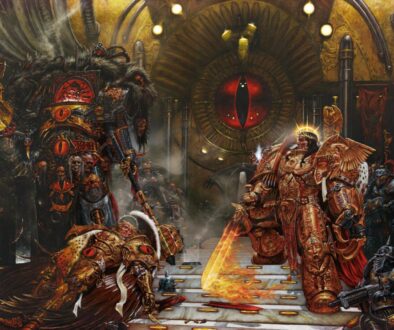The Horus Heresy Book Club: Galaxy in Flames
It should go without saying that from this point on there will be spoilers. If you haven’t read Galaxy in Flames, and are bothered by spoilers, then come back later after reading it.
Galaxy in Flames is the third book in the Horus Heresy series, and the third in a trilogy of novels that revolve around the same cast of characters. It was written by Ben Counter, and I first read it when it came out in 2006. This is my second read-through.
A criticism that gets levied against Warhammer fiction is that it is no more than descriptions of battles, and amount to little more than narrative battle reports for $10.99 a pop (that’s Canadian, of course). This is pretty reductionist, but less so with Galaxy in Flames. Now to be clear, the battle scenes were good, and it’s hardly Ben Counter’s fault when so much revolves around the fight on Isstvan III. This novel carries forth my complaint from the last novel vis-à-vis the pacing of Horus’ downfall, and expands it into a more holistic problem I have: the pacing of the opening three books in general. Were the story of Horus’ downfall, and the battle of Isstvan III, kept at the pace Dan Abnett set with Horus Rising, it would’ve been a longer story, but a more even one. Sadly, I think poor Ben was left with the aftermath of Abnett and McNeill, and told to craft a conclusion out of it.
Our remembrancer friends are still here, though admittedly without Karkasy we’ve lost the soul of the group, and while Sindermann’s attempts to grapple with the Lectitio Divinitatus is worthwhile character development, it can’t sustain my interest in the humans alone. In a way, this is balanced by the conflict between the titan moderati later in the book, but is only related to the remembrancers by virtue of space marines not being the focus.
Saul Tarvitz remains my favorite character in the trilogy, which isn’t surprising, as he’s definitely written to be. Loken is (of course) the star, but Tarvitz takes more overtly heroic actions in this book by taking fate into his own hands and flying down to the planet to warn everyone. By the third book, it’s pretty much determined that Loken is at the mercy of the events surrounding him. A tragic figure to be sure. Before we leave Tarvitz for the moment, I do want to comment that his friendship with Lucius was very well done. We know Lucius is a psycho, we know he becomes even more psychotic in the intervening ten millennia, but I (at least) was engaged in the depiction of their relationship.
Before I conclude, I do want to comment more on the two moderati of the Dies Irae: Aruken and Cassar. I give praise to Ben Counter for writing tense and claustrophobic scenes on the bridge of Dies Irae as the two ostensible friends—though in retrospect, coworkers is more appropriate—grapple with what’s going on. Cassar’s conscience prevents him from going along with this slaughter, and he mutinies against Princeps Turnet, but he can’t win alone. He’s stuck in a stalemate with the princeps, and relies solely on Aruken to tip the balance in his favor (morality’s favor). Aruken cannot be relied upon, though. Once described as a sympathetic figure—he helps protect Keeler against Maggard—he turns on Cassar, unwilling to risk his advancement in the titan legions. He chooses the status quo, slaughter and all, over his fellow moderati. I don’t know if we see anymore of Aruken in any novels, so we may never get to see him grapple with the meaning of his actions. Though astute Black Library readers will undoubtedly be aware of Dies Irae’s fate ten-thousand years later.
In summary, I think it’s the weakest of the opening trilogy, though its well-written battle scenes, and tense standoff in the titan bridge keep it from being my least-favorite Horus Heresy novel I’ve read. Let me know your thoughts in the comments/replies of wherever I post this (Facebook or Mastodon). Next time I’ll tackle The Flight of the Eisenstein.
+++END TRANSMISSION+++
